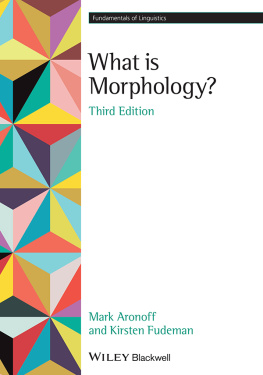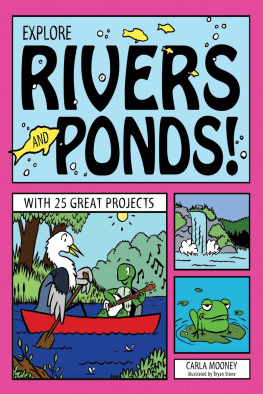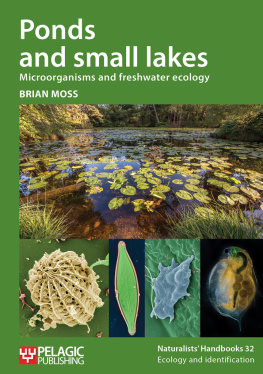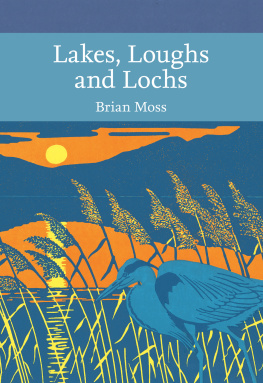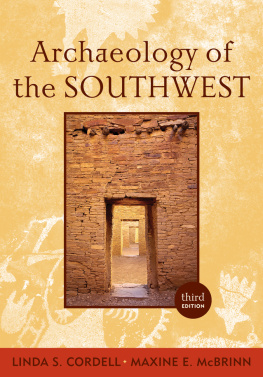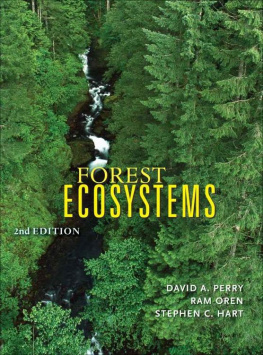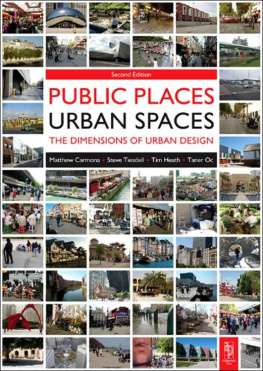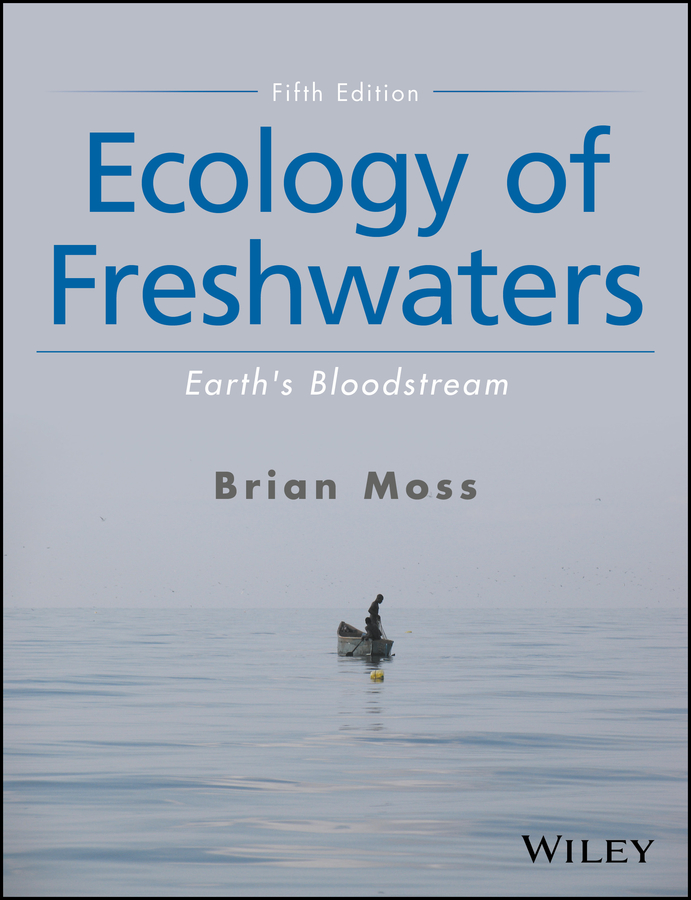
Table of Contents
List of Tables
- Chapter 01
- Chapter 03
- Chapter 04
- Chapter 05
- Chapter 06
- Chapter 07
- Chapter 08
- Chapter 09
- Chapter 10
- Chapter 11
- Chapter 12
- Chapter 14
- Chapter 15
- Chapter 17
- Chapter 18
List of Illustrations
- Chapter 01
- Chapter 02
- Chapter 03
- Chapter 04
- Chapter 05
- Chapter 06
- Chapter 07
- Chapter 08
- Chapter 09
- Chapter 10
- Chapter 11
- Chapter 12
- Chapter 13
- Chapter 14
- Chapter 15
- Chapter 16
- Chapter 17
- Chapter 18
Guide
Pages
Brian Moss 19432016
After receiving a terminal diagnosis, Brian reckoned that he would probably have enough time to complete this edition; he worked very hard, was very focussed, and he did finish the book. I thank Wiley for doing everything possible to speed the process of publication for Brians special circumstances, and although he died sooner than expected and did not see his book printed, Brian was happy to know that publication was on track, and delighted that illustrations in colour would enhance this, his final, edition.
Joyce SimlettMoss
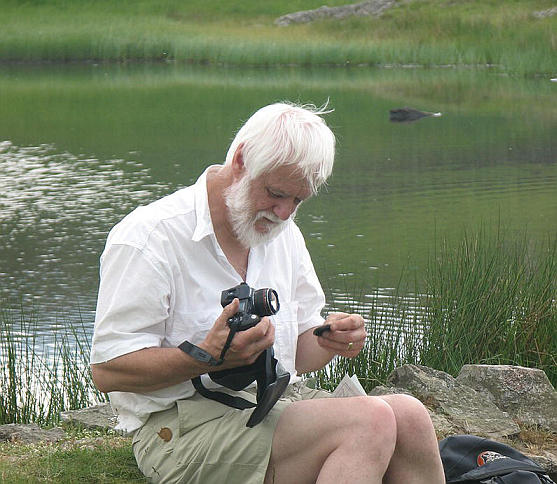
(Photo courtesy of Rob Marrs)
Ecology of Freshwaters
Earths Bloodstream
Fifth Edition
Brian Moss
Emeritus Professor, University of Liverpool, UK
This edition first published 2018
2018 by John Wiley & Sons Ltd
Registered Office
John Wiley & Sons, Ltd, The Atrium, Southern Gate, Chichester, West Sussex, PO19 8SQ, UK
Editorial Offices
9600 Garsington Road, Oxford, OX4 2DQ, UK
The Atrium, Southern Gate, Chichester, West Sussex, PO19 8SQ, UK
111 River Street, Hoboken, NJ 070305774, USA
For details of our global editorial offices, for customer services and for information about how to apply for permission to reuse the copyright material in this book please see our website at www.wiley.com/wileyblackwell.
The right of the author to be identified as the author of this work has been asserted in accordance with the UK Copyright, Designs and Patents Act 1988.
All rights reserved. No part of this publication may be reproduced, stored in a retrieval system, or transmitted, in any form or by any means, electronic, mechanical, photocopying, recording or otherwise, except as permitted by the UK Copyright, Designs and Patents Act 1988, without the prior permission of the publisher.
Designations used by companies to distinguish their products are often claimed as trademarks. All brand names and product names used in this book are trade names, service marks, trademarks or registered trademarks of their respective owners. The publisher is not associated with any product or vendor mentioned in this book.
Limit of Liability/Disclaimer of Warranty: While the publisher and author(s) have used their best efforts in preparing this book, they make no representations or warranties with respect to the accuracy or completeness of the contents of this book and specifically disclaim any implied warranties of merchantability or fitness for a particular purpose. It is sold on the understanding that the publisher is not engaged in rendering professional services and neither the publisher nor the author shall be liable for damages arising herefrom. If professional advice or other expert assistance is required, the services of a competent professional should be sought.
Library of Congress CataloginginPublication Data
Names: Moss, Brian, 19432016
Title: Ecology of freshwaters : Earths bloodstream / Brian Moss.
Other titles: Ecology of fresh waters
Description: Fifth edition. | Chichester, West Sussex : John Wiley & Sons, Ltd., 2017. | Includes bibliographical references and index.
Identifiers: LCCN 2016023090| ISBN 9781119239406 (pbk.) | ISBN 9781119239437 (epub)
Subjects: LCSH: Freshwater ecology.
Classification: LCC QH541.5.F7M67 2017 | DDC 577.6dc23 LC record available at https://lccn.loc.gov/2016023090
A catalogue record for this book is available from the British Library.
Wiley also publishes its books in a variety of electronic formats. Some content that appears in print may not be available in electronic books.
Cover image: courtesy of Brian Moss
Cover design by Wiley
For my wife, Joyce, my daughter Angharad,
my friends and colleagues, particularly Tom Barker and Erik Jeppesen for their insight and generosity, and not least my former graduate students and postdoctorals, and all those who carry a banner for a need for change beyond any current political conception, if there is to be a comfortable human future
Preface: why?
The word textbook is a bit pompous. Yet many come from the passions of authors wanting to pass on their worldview and enthusiasms, reflected in the facts. But the relative importance of individual facts changes as understanding grows, and the amount of information increases. A huge volume appears in articles, books and websites on almost everything, and although there is a lot of repetition, the amount is nonetheless daunting. In the five years between 2010, when the last edition of this book appeared, and 2015, 26596 papers with freshwater appearing in the title or keywords were published in peerreviewed journals. The complete literature on freshwaters for the five years will amount to several times this, perhaps as many as a quarter of a million articles.
Textbooks have to change to reflect this. Once they could be nearly comprehensive but remain of modest size; increasingly they have become near encyclopaedias, offputting in bulk. I have come to the view with so much information, including most formal journal publications, available on the net, that a textbook should become a guide book, with the advantage that guide books can be much more attractive to read than encyclopaedias, and still give the fundamentals necessary for understanding. This is the fifth edition of this textbook. The previous editions have grown bigger and bigger so I decided to write a shorter fifth. Faced with so much information, however, this proved trickier than I had thought, but at least I have more or less held the line. I have had to be ruthless in avoiding giving several examples of everything, so as not to offend anyone, and I have had to discard some topics and many references that were dear to my heart and survived several previous editions. But a book is to be read. I have tried to make this one as accessible as I can. The web can be used for further reference.
Photographs taken from the first space missions in the late 1960s are said to have jolted our perceptions of our planet and ourselves. They showed a distant, delicately blue planet with wispy clouds. It was Planet Ocean rather than Planet Earth and the images inspired the environmental movement with the fragility that Earth appeared to have. That message of fragility is both right, when it comes to the conditions that make for a comfortable human existence, and wrong when a study of Earths geological history reveals the vicissitudes that the biosphere, albeit occupied only by microorganisms for most of the time, has survived. The fragility message, though, has been forgotten. A plethora of beautiful satellite photographs that are too distant to reveal the details of destruction has diluted it. Many human activities continue to exploit the Earths resources because of a roughly 200yearold flawed economic model that assumes that lunches are free if the bill is not tendered immediately.
Next page

